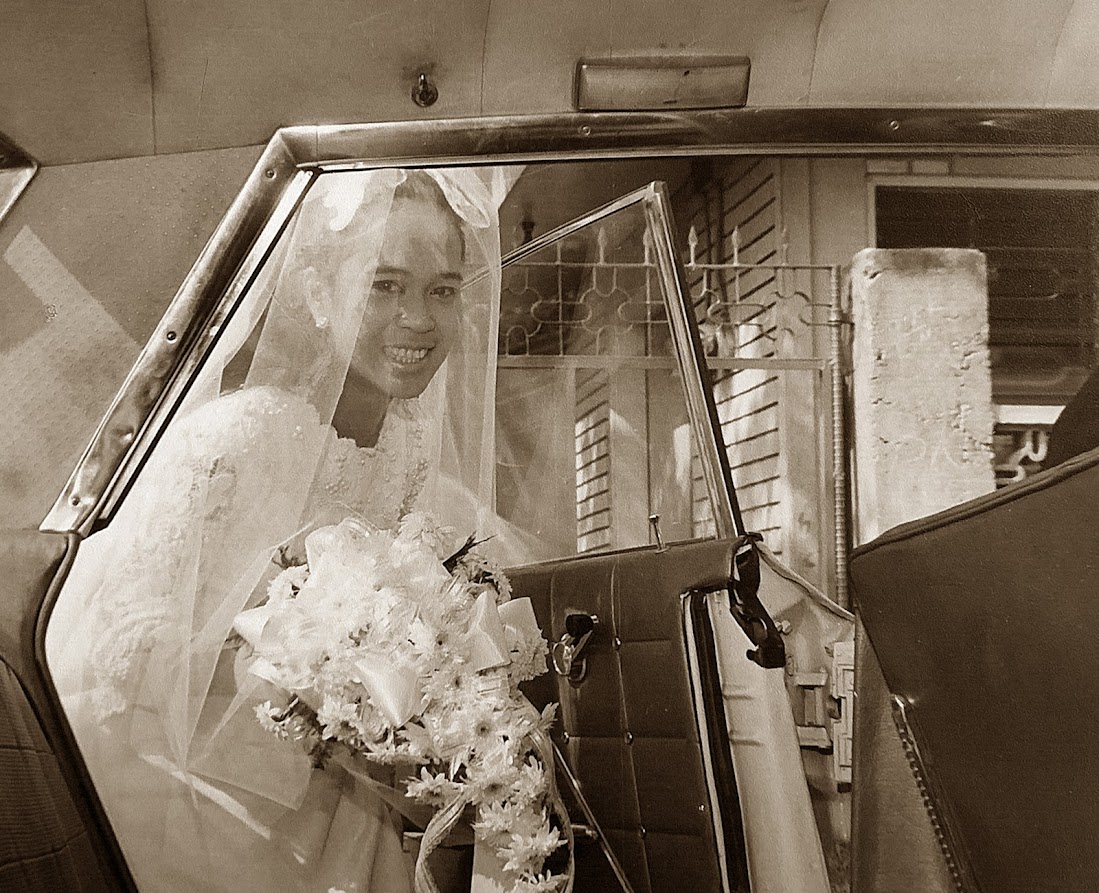
Dear Brown Girl,
It’s a new year, and I arrive again at questions of writing. This morning, it occurred to me that I have expended a lot of energy trying to explain the “how” piece, elaborating on craft and construction. I used to think this was what students and readers wanted to hear — how do you write a poem, how do you write poems, how do you write a book of poems, and so on.
“How” is always important, and hence my overly technical responses to these questions, in which I go on about who I’ve been reading, what technical pieces of their work I have incorporated into my ongoing practice. I talk about my multilingual choices, the absence of translation or (cultural, historical, linguistic) explanation. I talk about poetic form. I talk about how a poem comes to me, via language, or image, or any of the senses, which is why I try my best to always pay attention to the finest details; how I begin with that glimmer, spark, detail, and fashion it into a poem, into a body of poems.
Sometimes questions of “how” extend to the life of the author. How do I make the time to write. And even: how do I live, how do I make a life, such that writing has a proper place in it. And I think all of these discussions are valuable to a reader, to a student, to an aspiring author.
But I am coming to understand that “why” and “what” are what many people are really asking. What am I writing. Why am I writing it. Why write poems. Why poetry. And even “who.” Who am I writing for (and about). So these are some questions I would like to start trying to answer more consciously, especially as I will be seeing my first full volume non-poetry book published this year. Starting with, why poetry, why write poems; to now, why am I not writing poems, why am I writing something else.
***
I want to say a few things about my poetic work in progress, the Daughtersong Diaspore manuscript. I have been resisting the conventional workshop question about the work’s applicability and scope. I am writing about my mother. More specifically, I am writing about my mother who passed away in 2020, and I am writing as I grieve for her. I am starting to understand my grief a little bit more — that it has to do with witnessing the end of her material life, and the absence of her in my life going forward; it has to do also with many things now lost, everyday/quotidian things such as shopping trips and ball games and favorite meals and errands; it has to do also with unfulfilled what ifs. It is all of these what ifs that I struggle with — what were the conditions we were given, and how did we carve a life out of these, despite these. What if the conditions could have been different. Could we have changed these conditions at all.
I am writing all of this now, as a way of saying, no I am not writing about Grief, or The Mother, or either of these from a Feminist Perspective. What I am writing is not Universal or Academic or Clinical. I am writing about my understanding of my grief, for my mother, or my mother as I struggled to know and understand her, my mother as someone I sometimes idolized and sometimes resented. I am writing poems from the point of view of the imperfect second daughter of Evelyn P. Reyes and Tony M. Reyes, both of whom are now deceased. I am writing so much what if, and if only. What if I had asked more questions, and what if I had asked better questions. I am writing through my anger, my helplessness, my deep sadness. I am writing through my mourning. I am reconstructing moments of joy and beauty to try to preserve them somehow. What if I had done more to make more moments of joy and beauty in/for our imperfect family. Would fluency in all of our languages have made us hear one another. In many ways then, Daughtersong Diaspore is a work of speculative poetry.
